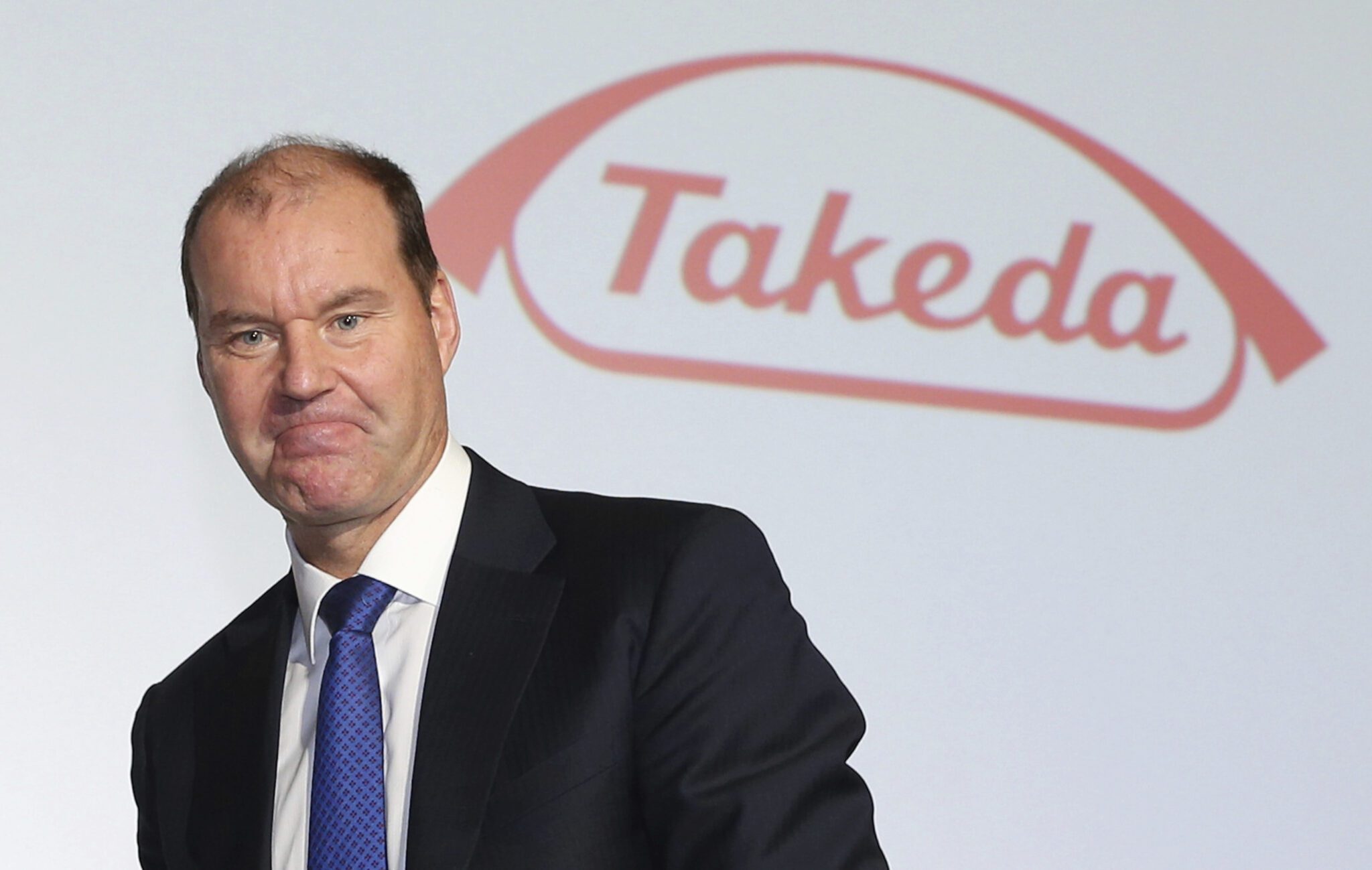
Christophe Weber, Takeda CEO (Miho Takahashi/The Yomiuri Shimbun via AP Images)
FDA's antimicrobial adcomm unanimously backs Takeda's drug for post-transplant cytomegalovirus
The FDA’s antimicrobial drugs advisory committee on Thursday voted unanimously in favor of FDA approving Takeda’s antiviral for post-transplant cytomegalovirus.
The adcomm voted 17-0 on …
Sign up to read this article for free.
Get free access to a limited number of articles, plus choose newsletters to get straight to your inbox.